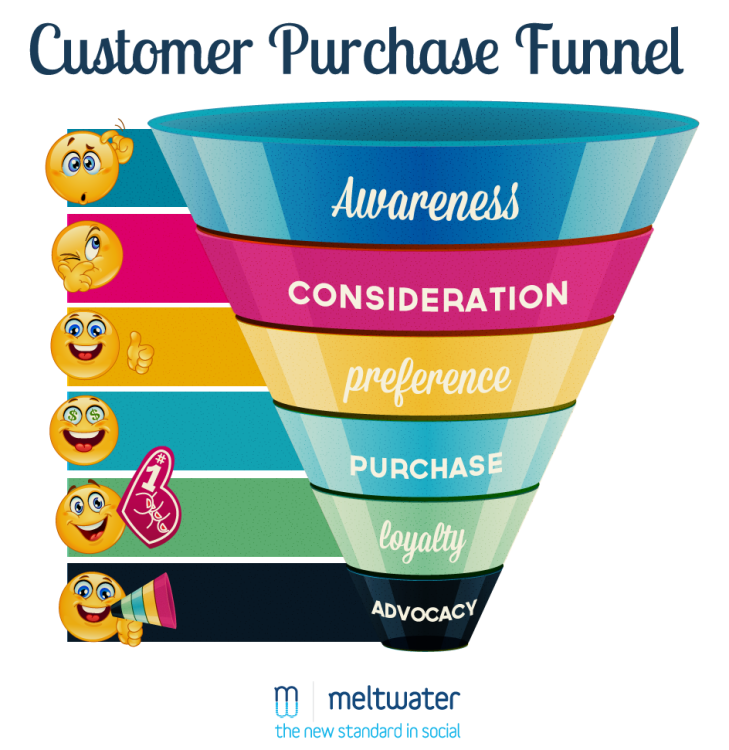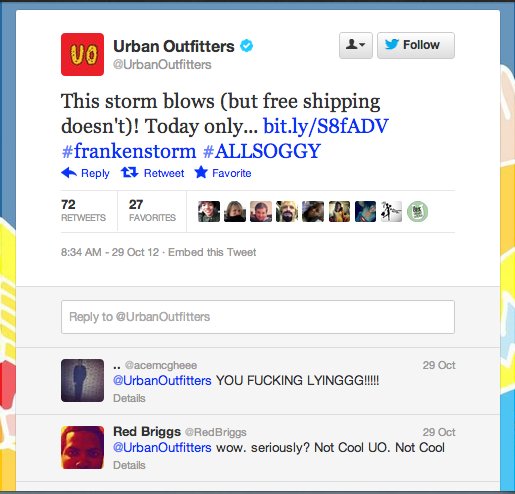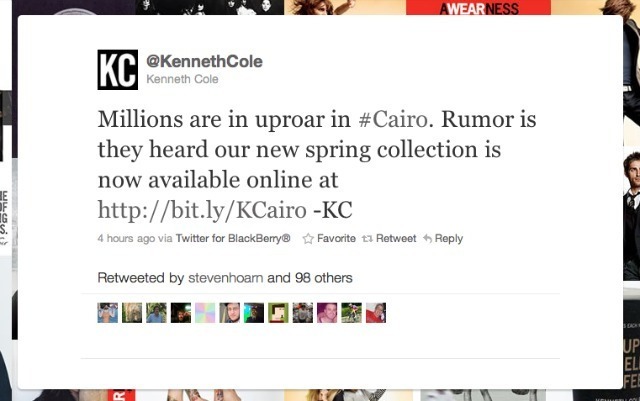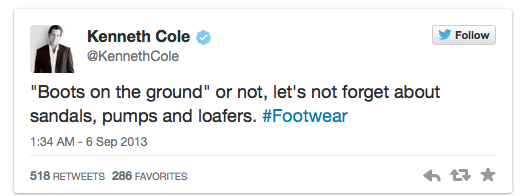The ethical issues that were discussed by my peers covered a broad spectrum of the topic. As we diverged our thoughts in two different perspectives mainly education and business use of social media, it was clear this subject was a divulgence of the ethical aspect of the “medium” that we are exposed to every single day.
As I took on a business perspective of the subject, I was intrigued by some of the insightful thoughts of my peers. The question of “morality” was reiterated by Sherdale (2014) when she discussed about “unreported endorsements” by Walmart. Kelly (2014) reinforced the idea by revealing the concept of “paid reviews” on user-generated content (UGC) sites that may question the “genuinity” of the content. These ideas struck me on what exactly was the motivation of businesses to undertake such questionable strategies to gain publicity.
This brought me back to the module on “Strategic Marketing Decisions” delivered by Dr. Bev (2014). He explained that “brand advocacy” was what companies were ultimately trying to achieve.

Customer Purchase Funnel by Meltwater
This “organic” content that Marketers are hungry for (Meltwater 2014) is what motivates such undertakings. Even though this concept does not address the “insensitivity stunts” pulled off by some companies, it was another concept that was introduced indirectly in the module through PR, a free medium. “Awareness” that is achieved through such stunts generates the “buzz” that the company desires. This was explained very well by Sara (2014) in her reflective post on “controversy sells”.
Ultimately, businesses must be aware of the line drawn between “influencers” and “brand advocates” (Convince and Convert 2014). I believe that blurring this line is when ethical issues are raised as it dilutes the “organic” content of social media. From this infographic by Zuberance, it clearly defines what are the distinct differences!
References:
Convince and Convert, 2014. Social Media Influencers versus Brand Advocates Infographic. Available at: http://www.convinceandconvert.com/content-marketing/social-media-influencers-versus-brand-advocates-infographic/ [Accessed December 8, 2014].
Goh, S., 2014. Don’t “Flog” Around! Available at: https://eladrehs.wordpress.com/2014/12/05/dont-flog-around/comment-page-1/#comment-16 [Accessed December 8, 2014].
Hulbert, B., 2014. Strategic Marketing Decisions: Lecture 2 Value of Customers.
Lee, S.D., 2014. Reflection: Social media can make or break your business. Available at: http://saradanlee.wordpress.com/2014/12/08/reflection-social-media-can-make-or-break-your-business/ [Accessed December 8, 2014].
Meltwater, 2014. How PR Impacts and Benefits from Brand Advocacy. Available at: http://www.meltwater.com/public-relations-blog/pr-brand-advocacy/ [Accessed December 8, 2014].
Wee, K., 2014. Unethical issues when businesses uses social media the wrong way. Available at: http://kellysayswee.wordpress.com/2014/12/05/unethical-issues-when-businesses-uses-social-media-the-wrong-way/comment-page-1/#comment-33 [Accessed December 8, 2014].
Comments made on:
Goh, S., 2014. Don’t “Flog” Around! Available at: https://eladrehs.wordpress.com/2014/12/05/dont-flog-around/comment-page-1/#comment-16 [Accessed December 8, 2014].
Wee, K., 2014. Unethical issues when businesses uses social media the wrong way. Available at: http://kellysayswee.wordpress.com/2014/12/05/unethical-issues-when-businesses-uses-social-media-the-wrong-way/comment-page-1/#comment-33 [Accessed December 8, 2014].


